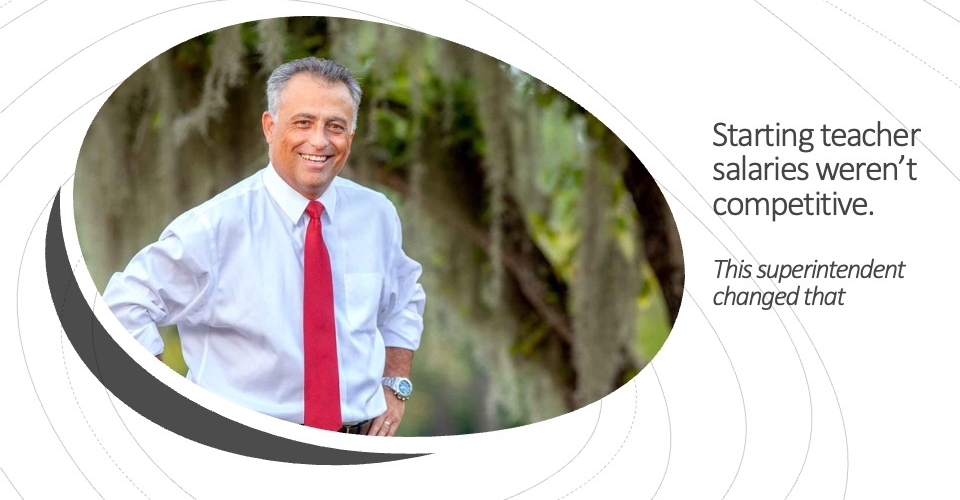More than half of the graduating class of 2023 is opting out of a four-year college education, a survey released Tuesday tells K12 administrators. That figure is a notable increase from the 48% of students who had the same plan across the classes of 2019 to 2022, according to the latest Post-Graduation Readiness Report from edtech provider YouScience.
While these numbers are no cause for alarm, leaders should be concerned that nearly one-third of the class of 2023 graduates were not aware of the available career and technical education programs that would have given them alternatives to the traditional higher education path. Here are some more findings from YouScience’s poll that should catch the attention of district leaders:
- Only 33% of the class of 2023 reported regular exposure to various postgraduation career options.
- 65% of the Class of 2023 graduates had five or fewer conversations with teachers or counselors about post-high school choices.
- 83% of respondents said understanding their natural aptitudes better would have increased their engagement in learning.
- Nearly one-third (31%) of class of 2023 students were unsure if they were in the right place on their education or career paths; 34% of 2020-22 graduates expressed similar uncertainty.
- 27% of respondents in the class of 2023 reported attending a 2-year college, while 13% were working as part of a career plan, 9% had no plan, 7% were attending trade or technical school and 5% were joining the military.
- Over half (51%) of the class of 2023 cited ‘family members’ as their primary influence on their path.
“Empowering students with a deeper understanding of their unique strengths enables them to proactively plan their future and make well-informed post-graduation decisions,” said Edson Barton, founder and CEO of YouScience. “Our research highlights the urgency of providing students with more individualized guidance and exposure to diverse pathways.”
Equipping the class of 2023 and beyond
To set students up for post-high school success, YouScience also recommends:
More from DA: 3 FETC sessions for administrators looking to become better champions of technology
1. Personalizing pathways: Aptitude and interest assessments can steer graduates toward the most fitting post-secondary programs.
2. Interdisciplinary teaching: Schools and districts can work together to develop career clusters that give students access to sequenced and personalized programs of study.
3. Collaborative planning: Once students have a solid grasp of their aptitudes, they can work with family members, educators and counselors to choose the most relevant courses, earn career-tech certifications and enter the workforce or pursue post-secondary degrees.
4. Education-to-career tools: Administrators should provide counselors and teachers with resources to create personalized plans for postsecondary education and training based on student aptitudes and interests.
5. Industry-recognized certifications: These can be leveraged to quantify student knowledge and skills
6. Work-based learning: Internships and apprenticeships connect students with business and industry partners to gain real-world work experience.









